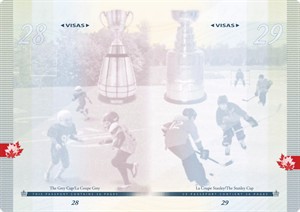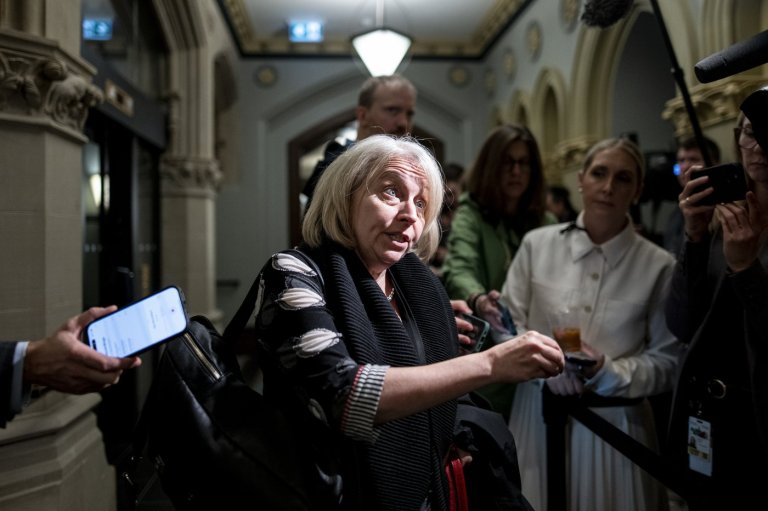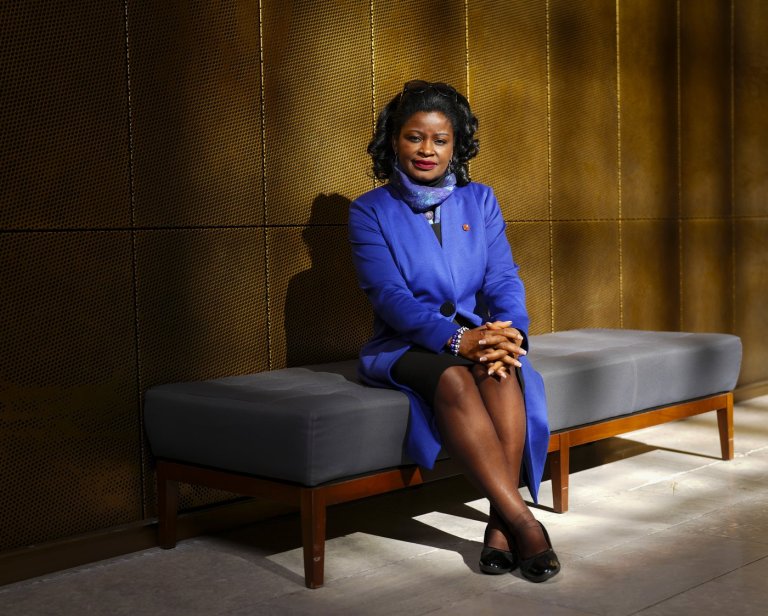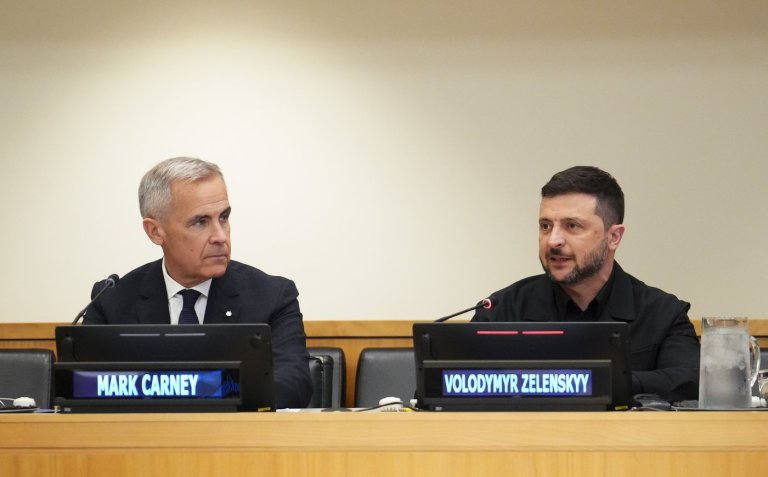
Some facts about the use of Canadian diplomatic and special passports
OTTAWA – Some facts about diplomatic and special passports:
— Diplomatic passports are issued to high-ranking government officials, diplomats and representatives, and delegates of the Canadian government to international governmental organizations or conferences of a diplomatic nature.
— Special passports are issued to people holding office, such as members of Parliament, senators or members of provincial cabinets, and to people employed by the federal government in a non-diplomatic capacity who are travelling on an official mission or to a post abroad.
— A special or diplomatic passport confirms one’s identity and role as an official of the government of Canada. However, only those accredited to a foreign country have diplomatic immunity.
— Diplomatic and special passports have been issued as ePassports, which include a biometric security chip, since 2009. Passport Canada has issued more than 50,000 of these electronic diplomatic and special passports.
The Citizenship and Immigration minister may authorize issuance of a diplomatic passport to:
— The Governor General, prime minister, Supreme Court judges, cabinet members, lieutenant governors, Speakers of Parliament, Opposition leaders, deputy ministers;
— Ambassadors, ministers, high commissioners, officers of diplomatic rank, attaches, trade commissioners and consular officers serving the Canadian government abroad;
— Representatives and delegates of the Canadian government to international governmental organizations and international conferences of a diplomatic nature;
— Cohabiting members of the immediate family of a person to whom a passport has been issued for any of the above reasons;
— Diplomatic couriers.
The minister may authorize issuance of a special passport to:
— Members of the Privy Council who are not cabinet ministers;
— MPs and senators;
— Provincial premiers, members of provincial cabinets and Speakers of provincial legislative assemblies;
— Justices of the Federal Court and Federal Court of Appeal;
— Employees of the federal government in a non-diplomatic capacity on an official mission or travelling to a post abroad;
— Private citizens employed in senior positions by international governmental organizations of which Canada is a member;
— Private citizens who are official delegates to international conferences of a non-diplomatic nature;
— Private citizens serving as official advisers or experts on Canadian government delegations to international conferences;
— Cohabiting members of the immediate family of a person to whom a passport has been issued for any of the above reasons.
(Source: Passport Canada, Citizenship and Immigration Canada)
Join the Conversation!
Want to share your thoughts, add context, or connect with others in your community?
You must be logged in to post a comment.



















